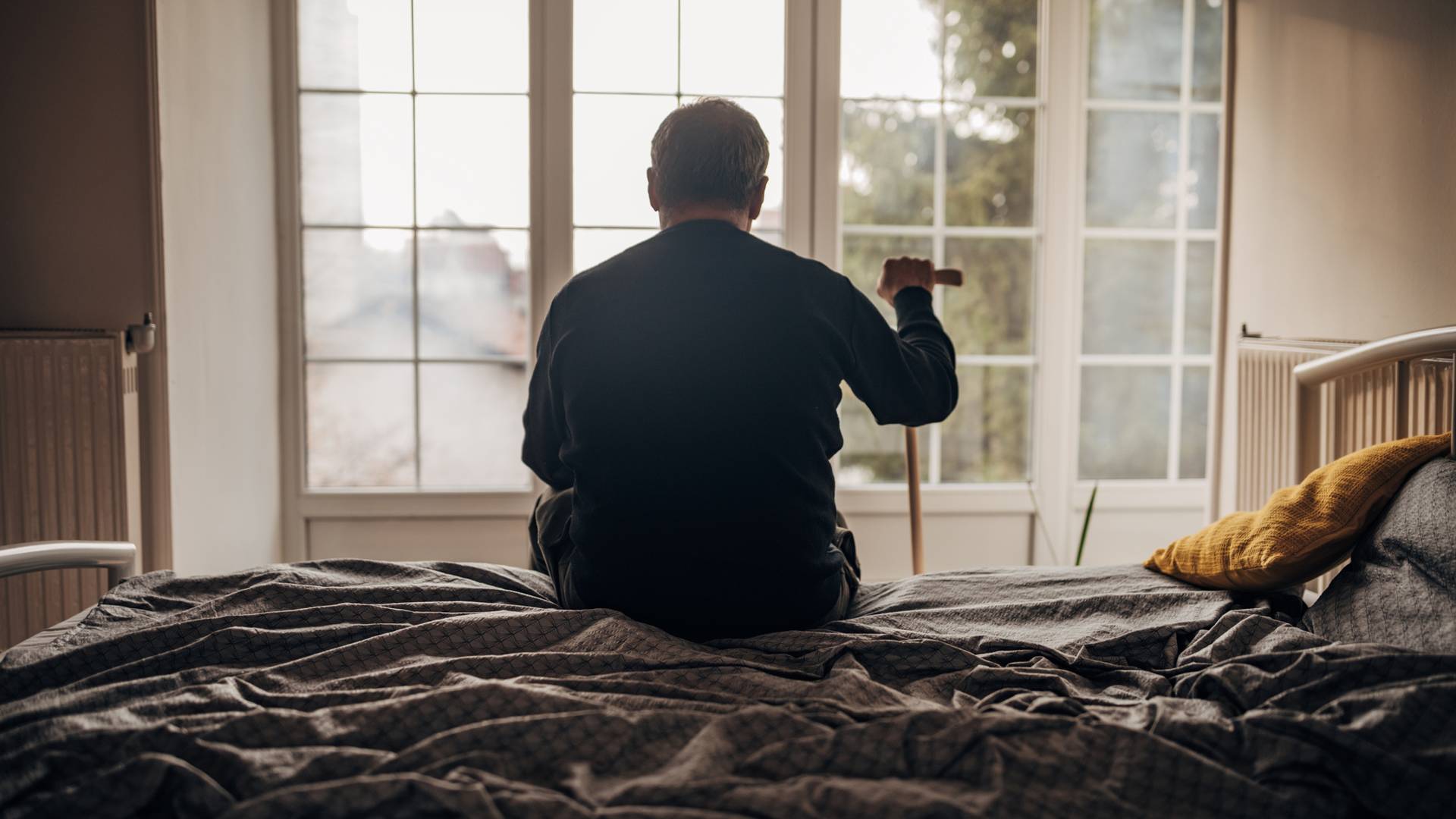Living with limb loss can be a difficult experience, but the advancements in modern prosthetics and assistive devices have made it possible for amputees to regain their independence and improve their quality of life. In this blog post, we will explore the wide range of prosthetics and assistive devices available to amputees, from traditional prosthetic limbs to advanced bionic technologies.
Traditional Prosthetic Limbs
Traditional prosthetic limbs have been around for a long time and are still widely used today. There are different types of prosthetic limbs depending on the level of amputation, ranging from below-the-knee prosthetics to above-the-elbow devices. These prosthetics are designed to mimic the appearance and function of lost limbs as closely as possible and are typically made of lightweight materials such as carbon fiber.
These prosthetic limbs can be fitted with various components, such as pneumatic or hydraulic systems, to mimic the natural motion of joints and allow amputees to move and walk more comfortably. Prosthetic limbs can also be customized to meet the specific needs of an individual patient, including personalized cosmetic covers to match their skin tone.
Advanced Prosthetic Solutions
In recent years, advances in technology have led to the development of advanced prosthetic solutions. One such example is the Osseointegration implant system, which involves the surgical insertion of a titanium implant into the residual limb. The attachment of the prosthetic limb is then done directly onto this implant, leading to a higher level of comfort, stability, and mobility.
Another breakthrough technology is Targeted Muscle Reinnervation (TMR), an innovative surgical technique that involves redirecting the nerves of the amputated limb to activate the residual muscles that correspond to the motion of the lost limb. This technique results in better prosthetic limb control, including improved strength and accuracy of movements.
Assistive Devices
In addition to prosthetic limbs, a variety of assistive devices are available that can help amputees gain more independence in their daily activities. These devices include:
- Mobility aids, such as canes, crutches, walkers, and wheelchairs
- Adaptive clothing and accessories, such as zipper pulls, button hooks, and special socks to help with the use of prosthetic limbs
- Electric wheelchairs, including power wheelchairs that use joystick controls or other adaptive mechanisms to help amputees move around.
Bionic Prosthetic Technologies
The advancement of bionic or "smart" prosthetic technologies has led to the creation of prosthetic limbs that are capable of complex motions and actions. These prosthetics are often controlled by sensors that can detect muscle or nerve activity on the surface of the skin. Using these sensors, amputees can perform intricate movements such as gestures, gripping or bending, which would have been impossible with traditional prosthetics.
Some examples of bionic prosthetic technologies include:
- Myoelectric prosthetic hands that use muscle signals to control finger movements
- Modular prosthetic limbs that use machine learning algorithms to enable the device to learn and adapt to a user's behavior over time.
Finding the Right Prosthetic
The range of prosthetics and assistive devices available to amputees can appear overwhelming. Getting advice from a licensed prosthetist can help individuals choose the most appropriate technology for their needs. A prosthetist will usually assess the level of amputation, the person's activity level, and the patient's individual goals before making any recommendations.
Seeking Justice After an Amputation Injury
If you or a loved one has suffered an amputation injury due to someone else's negligence, the catastrophic injury attorneys at Rouda Feder Tietjen & McGuinn are here to help. We understand the physical, emotional, and financial toll that amputation injuries can have on victims and their families. Our team is dedicated to fighting for your rights and ensuring that you receive the compensation that you deserve.
Contact us today at for a free consultation.

.2305231159550.jpg)
